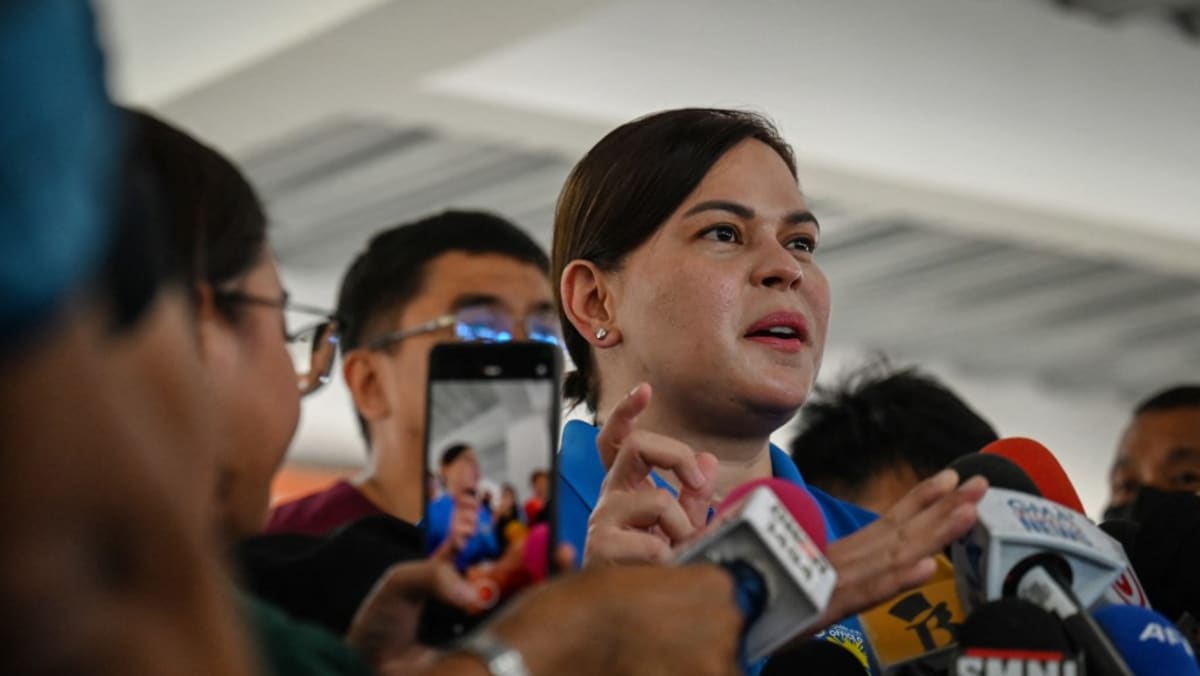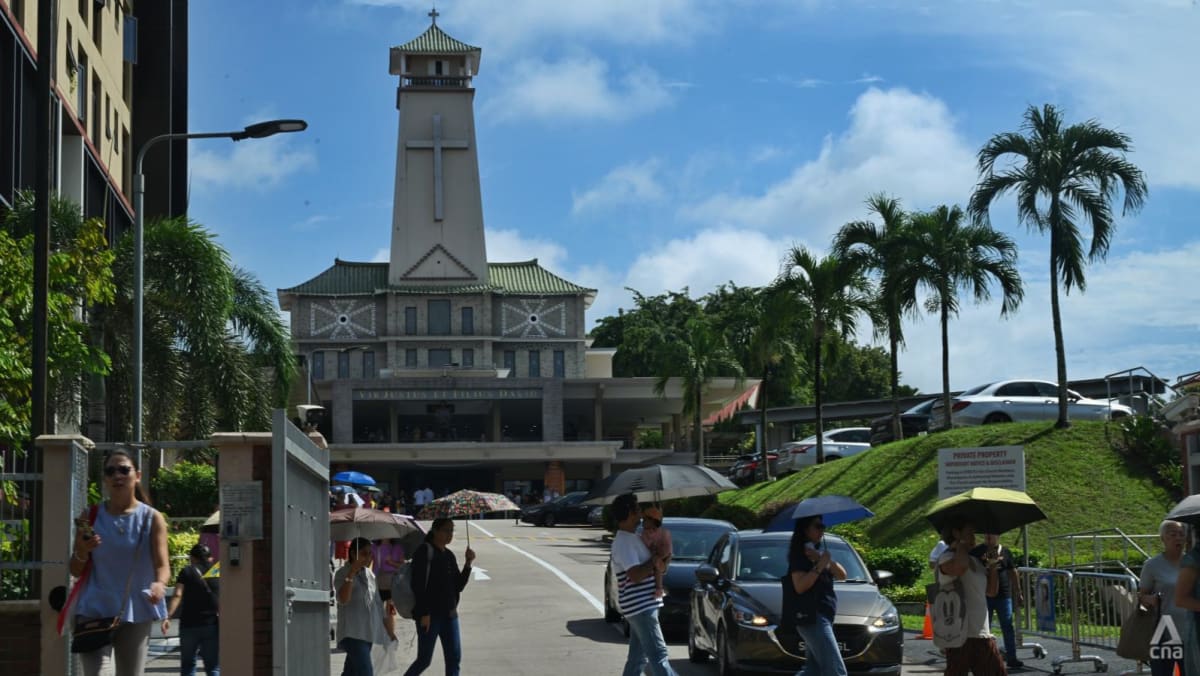SINGAPORE: Alleged fraudster Ng Yu Zhi “lived lavishly” on the criminal proceeds from the S$1.5 billion (US$1.1 billion) nickel investment scheme he masterminded, prosecutors told a High Court judge on Wednesday (Nov 27).
Ng, 37, ran the elaborate scheme offering investors profits from the purported sale of physical nickel from 2016 to 2021, Deputy Public Prosecutor Gordon Oh said on the second day of the Singaporean’s trial.
The prosecution’s case is that through his companies Envy Global Trading and Envy Asset Management, Ng deceived investors that he was buying nickel at a discount and selling it for sizeable profit.
This scheme was Ng’s “brainchild” and was “pure fiction”. To spin a convincing tale, he personally forged documents and made false representations himself or through sales representatives of the Envy companies, Mr Oh said.
In reality, there was no underlying physical nickel trading activity to generate any returns, and investors were instead paid with money invested by other investors, the prosecutor said.
Ng derived tremendous personal benefit from the scheme, withdrawing at least S$201.2 million from Envy Global Trading into his personal bank accounts, according to the prosecutor.
He also allegedly laundered S$94.2 million of criminal proceeds by buying luxury vehicles, jewellery and works of art.
This formed part of the almost S$305 million he is accused of laundering also through other means, including transferring the proceeds to other bank accounts and other people, and removing it from jurisdiction.
Among Ng’s indulgences were a S$1.8 million Pagani Huayra Coupe sports car, paintings by celebrated Singapore artists like Cheong Soo Pieng and Chinese artists like Gao Xing Jian, and properties at Jervois Road, Emerald Hill Road, Coldstream Avenue and Bussorah Street.
The prosecution was laying out its case against Ng in its opening address, after the first day of trial saw lawyers on both sides clash and the prosecution accuse the defence of time-wasting.
Ng is contesting 42 charges of forgery, money laundering, cheating, fraudulent trading and criminal breach of trust. Another 66 charges have been stood down during the trial.
The prosecution will lead evidence from 58 witnesses to make its case over more than 50 days of trial that have been scheduled.
These include a representative from Poseidon Nickel Limited who will testify that it did not have any agreement to supply Ng’s companies with nickel, and a representative from BNP Paribas who will testify that the bank did not enter forward contracts to buy nickel from Ng’s companies.
The first prosecution witness to take the stand was Shim Wai Han, also known as Veronica Shim, who was one of Ng’s investors and the former CEO of Envysion Wealth Management.
According to Ng’s charge sheets, he allegedly cheated Shim of S$955,115 she invested with Envy Global Trading between November 2020 and January 2021.
Shim was in March charged with conniving in Envysion’s failure to put in place an appropriate risk management framework for the fund, and failure to mitigate conflicts of interest arising from management of assets under the fund.
The former private banker is also accused of breaching the Official Secrets Act by forwarding an email thread between the Monetary Authority of Singapore and Envysion to Ng.
On Wednesday, Shim explained how she was introduced to Ng and the nickel investment scheme, and how the investment scheme purported to work.
Shim told the court that she was a certified financial planner and trust and estate practitioner, and worked as a private banker for about 20 years before registering Envysion in 2019.
She said that she learnt about the nickel investment scheme from a friend in 2018, and asked to meet someone from Envy Asset Management to find out how it worked.
She was introduced to Ng, who claimed to have been an auditor at KPMG in 2016 when he came across the nickel trading opportunity.
According to Ng, the price of nickel had plunged at the time and Poseidon, the nickel mining company, was stuck with a huge stockpile of the metal after a buyer cancelled a purchase agreement, said Shim.
Ng claimed to have secured the purchase of the stockpile for himself at a good discount, which he was trading very profitably.
But he told Shim that the price of nickel had since stabilised, and Poseidon required him to commit to purchasing the nickel monthly in order to continue enjoying the discounted price.
As each delivery of nickel took two to three months, Ng needed to improve his cashflow. He was therefore offering the opportunity to other investors, Shim recalled.
She said that Ng would inform her every month whether he had secured the sale of the nickel, and show her a “profit table” of the difference between the selling and purchase price of the commodity.
She would then decide whether or not to participate in that tranche of investment with Ng’s companies, said Shim, adding: “They never failed to pay us.”
The trial continues on Wednesday afternoon.













